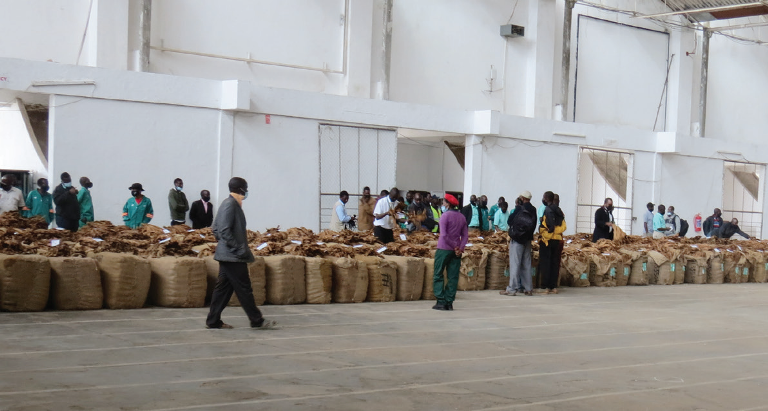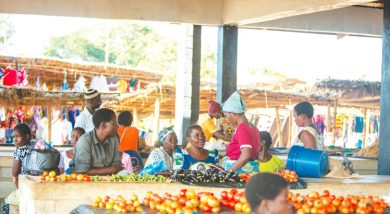Malawi to increase tobacco output—TC
Despite the ongoing anti-tobacco smoking lobby, Malawi says it will continue growing the leaf and aspires to be the leading producer of the leaf in southern Africa by 2028.
Tobacco Commission (TC) chief executive officer Joseph Chidanti-Malunga, in an interview on the sidelines of a tree-planting exercise the commission held at Katopoto in Mzimba District on Saturday, said Malawi targets to produce a minimum of 200 million kilogramme (kg) per year in the short to long-term.

He said: “Opposition to tobacco is going to exist forever. Some oppose growing coffee or sugar. So, the people that have issues with tobacco are going to be there forever. But that will not stop Malawi from growing tobacco. We will grow tobacco forever.”
Malunga said tobacco is Malawi’s lifeline and without tobacco, the country will collapse economically.
“Tobacco is our strategic crop and that is why we want to produce not less than 200 million kg of tobacco annually. No one will stop us from growing the leaf,” he said.
Ironically, Malawi is now a full party to the World Health Organisation’s Framework Convention on Tobacco Control (FCTC) after ratifying it in August 2023. The treaty came into effect on November 16 2023.
The FCTC provides an internationally coordinated response to combating the health impact of tobacco, setting out specific steps for governments addressing tobacco use and production. The treaty also promotes crop replacement and diversification.
Besides asking parties to start enforcing the legislation that creates a tobacco smoke-free environment, the convention also asks signatories to slow down on growing the leaf and equip farmers to look for alternatives.
However, Malunga said Malawi is still one of the world’s tobacco-dependent economies.
Depending on the season, tobacco accounts for between 40 and 70 percent of the country’s export earnings.
In an interview, Malawi Agricultural Policy Advancement and Transformation Agenda (Mwapata) Institute executive director William Chadza believes the ratification should have provided an additional impetus and incentive for Malawi to intensify from tobacco.
He said the ratification should motivate Malawi to intensify development of other alternative value chains such as legumes, oil seeds and horticulture that have potential to contribute to foreign exchange earnings.
Tobacco remains a key cash crop in Malawi, contributing about 60 percent to foreign exchange earnings, 15 percent to the economy, and the sector directly and indirectly employs millions of people.
Last year, the country earned $282.61 million (about K304.55 billion) from 120 million kgs of tobacco at an average price of 2.35 per kg (about K2532.51) compared to $182 million (about K196.13 billion) from 85 million kgs of tobacco at an average price of $2.14 (about K2306.20) earned last year.






One Comment